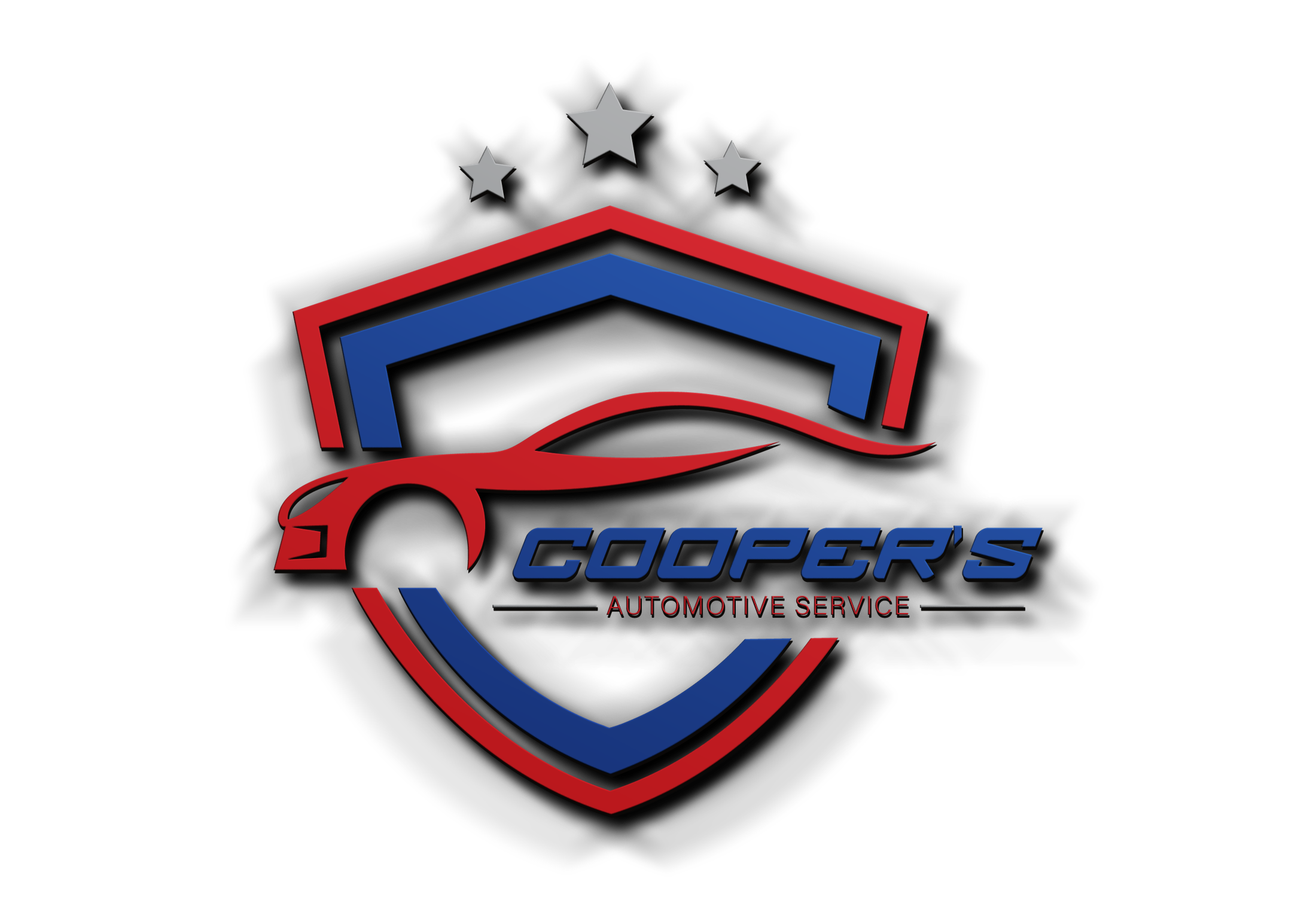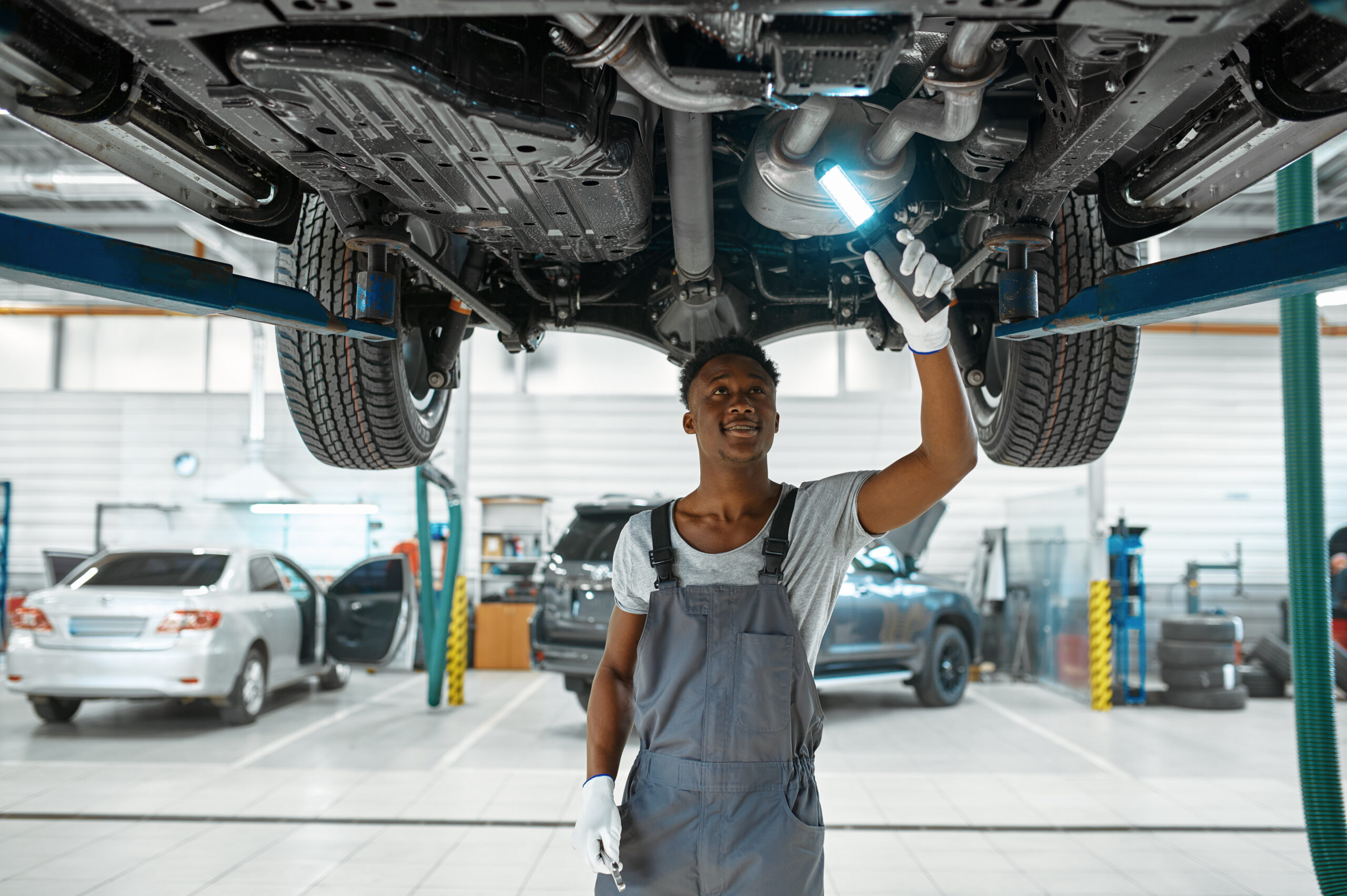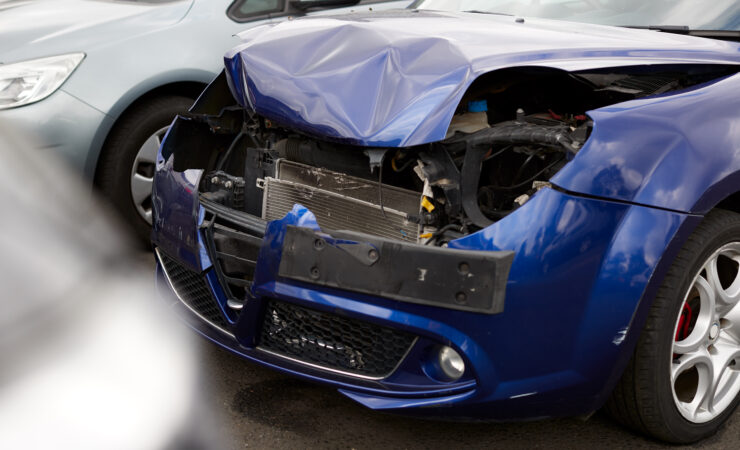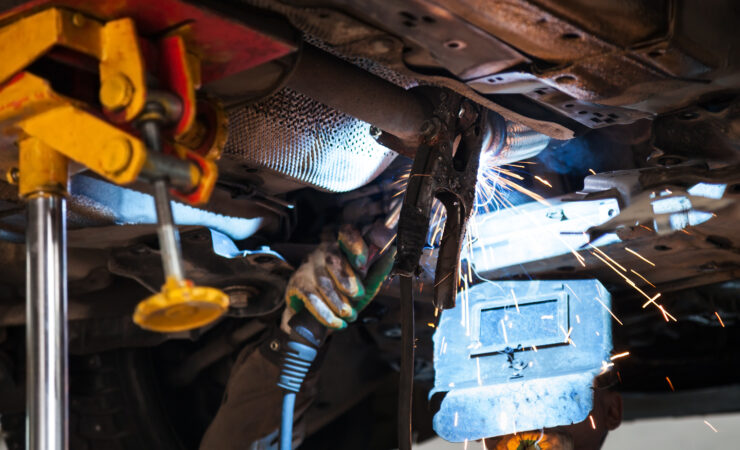Hybrid and electric vehicles (EVs) are gaining popularity as a greener, more sustainable alternative to traditional gasoline-powered cars. While they offer numerous benefits, like lower emissions and reduced fuel costs, their maintenance needs differ from those of conventional vehicles. If you’re considering making the switch to a hybrid or EV, or if you already own one, understanding their unique maintenance requirements is crucial for maximizing their lifespan and performance.
Hybrids: A Blend of Gas and Electric
Hybrid vehicles combine a gasoline engine with an electric motor, offering the best of both worlds. They typically require less maintenance than gasoline-powered cars, thanks to regenerative braking and the electric motor’s ability to assist the gasoline engine. However, there are still some key maintenance tasks to keep in mind:
- Battery Health: The hybrid battery is a critical component that requires monitoring. While most hybrid batteries are designed to last the life of the vehicle, it’s essential to have them checked regularly by a qualified technician.
- Brake System: Hybrids often use regenerative braking, which can reduce wear on brake pads and rotors. However, it’s still important to have the brakes inspected and serviced according to the manufacturer’s recommendations.
- Oil Changes: While hybrid engines may require less frequent oil changes than gasoline engines, it’s still important to follow the manufacturer’s recommended schedule.
- 12-Volt Battery: Hybrids have a separate 12-volt battery that powers the electronics and accessories. This battery should be tested and replaced as needed, just like in a conventional car.
Electric Vehicles: Embracing the Future of Driving
Electric vehicles run solely on electricity, eliminating the need for gasoline and reducing emissions to zero. While they have fewer moving parts than traditional cars, they still require regular maintenance to ensure optimal performance and longevity. Here are some key maintenance tasks for EVs:
- Battery Health: The battery is the most critical component of an EV. Regular charging and avoiding extreme temperatures can help prolong its lifespan. Most EV batteries come with a warranty, so be sure to understand the terms and conditions.
- Tire Rotation and Alignment: EVs tend to be heavier than gasoline-powered cars, which can put extra wear on tires. Regular rotation and alignment are essential for even tire wear and optimal handling.
- Brake System: While regenerative braking can reduce wear on brake pads, it’s still important to have the brakes inspected and serviced regularly.
- Cooling System: EVs have a cooling system to regulate the temperature of the battery and other components. This system should be checked and serviced according to the manufacturer’s recommendations.
Total Auto Care: Your Hybrid and EV Maintenance Experts
At Total Auto Care, we have the expertise and specialized equipment to service and repair all types of hybrid and electric vehicles. Our technicians are trained in the latest technologies and use manufacturer-approved parts and procedures. We can perform battery health checks, brake inspections, tire rotations, and other essential maintenance tasks to keep your hybrid or EV running smoothly and efficiently.
Embrace the Electric Future
Hybrid and electric vehicles are becoming increasingly popular as consumers seek more sustainable transportation options. By understanding their unique maintenance needs and partnering with a qualified service provider like Total Auto Care, you can confidently embrace the electric future and enjoy a cleaner, greener drive.




